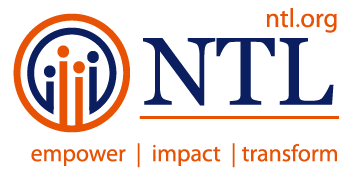In this concluding article of our three-part series, we put forward a new approach to reflective practice that is built upon a framework of consulting with social change institutions, and we then illustrate how the key interventions reported in the second article of the series might have unfolded had that framework been in place. We argue that the problems of the reflective practitioner will not be solved until we create (for consultants and clients alike) the conditions needed to support the reflective institution. We predict that new communication technologies will create unprecedented opportunities for this promising development.

